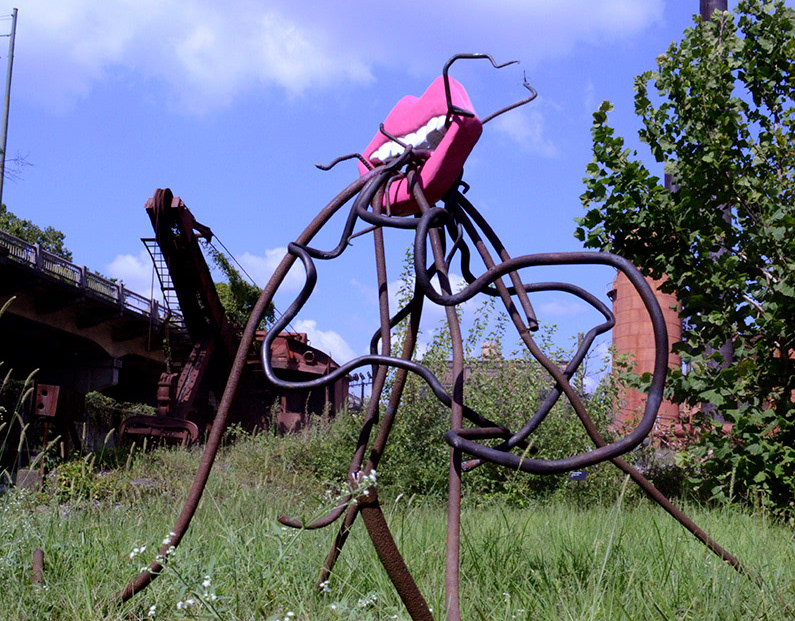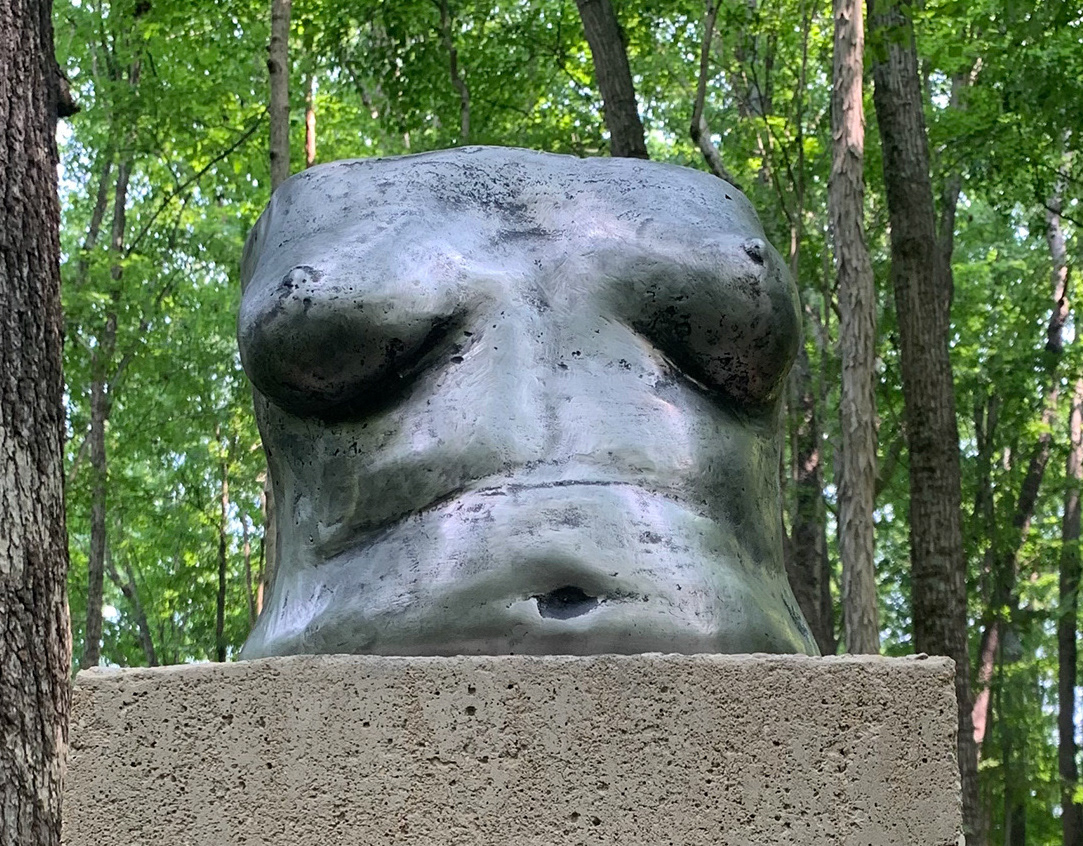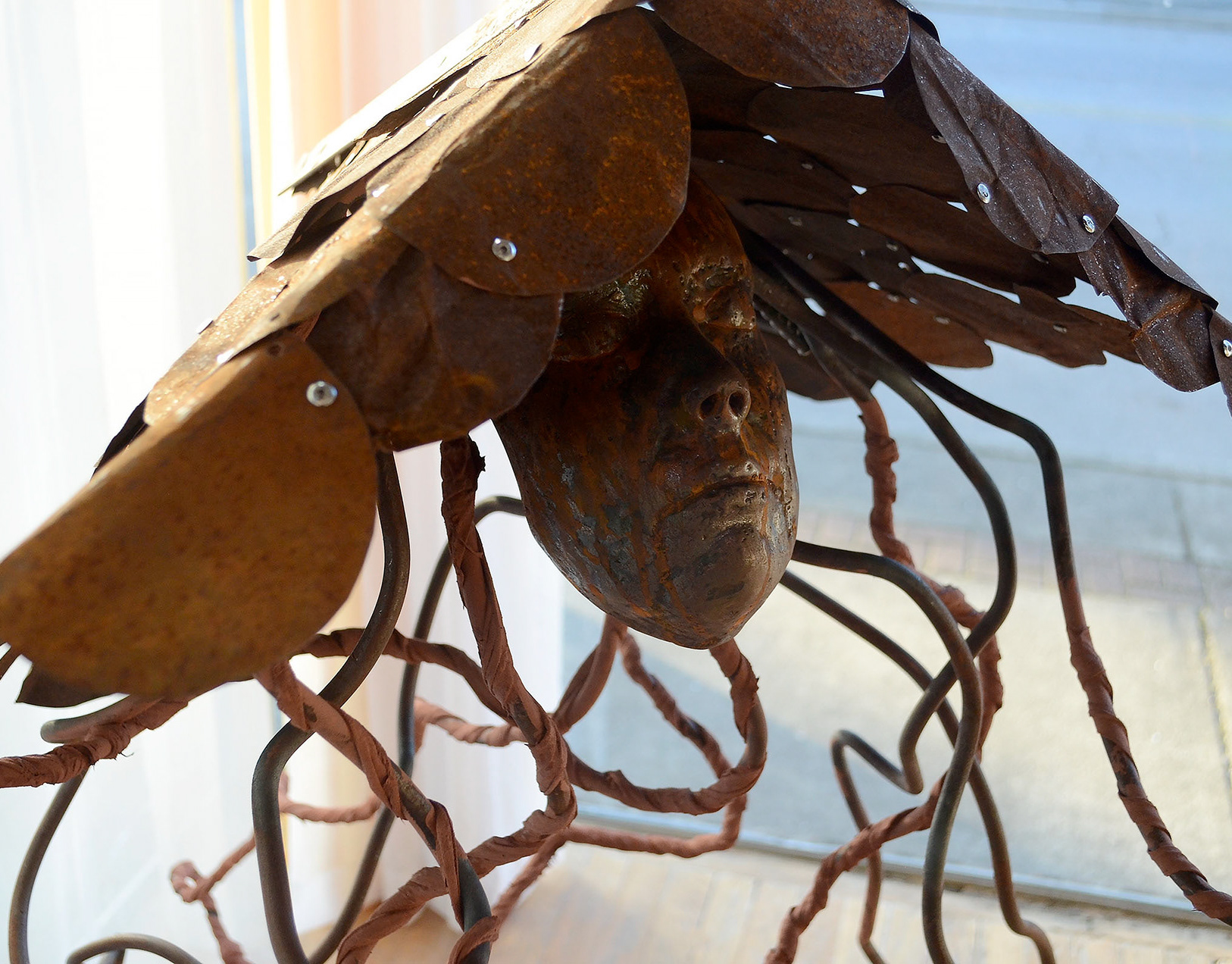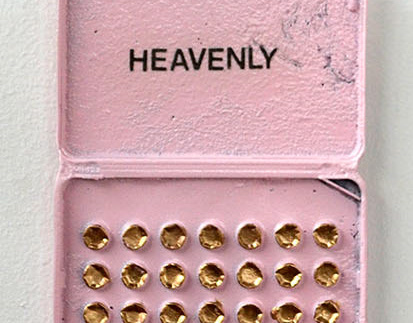
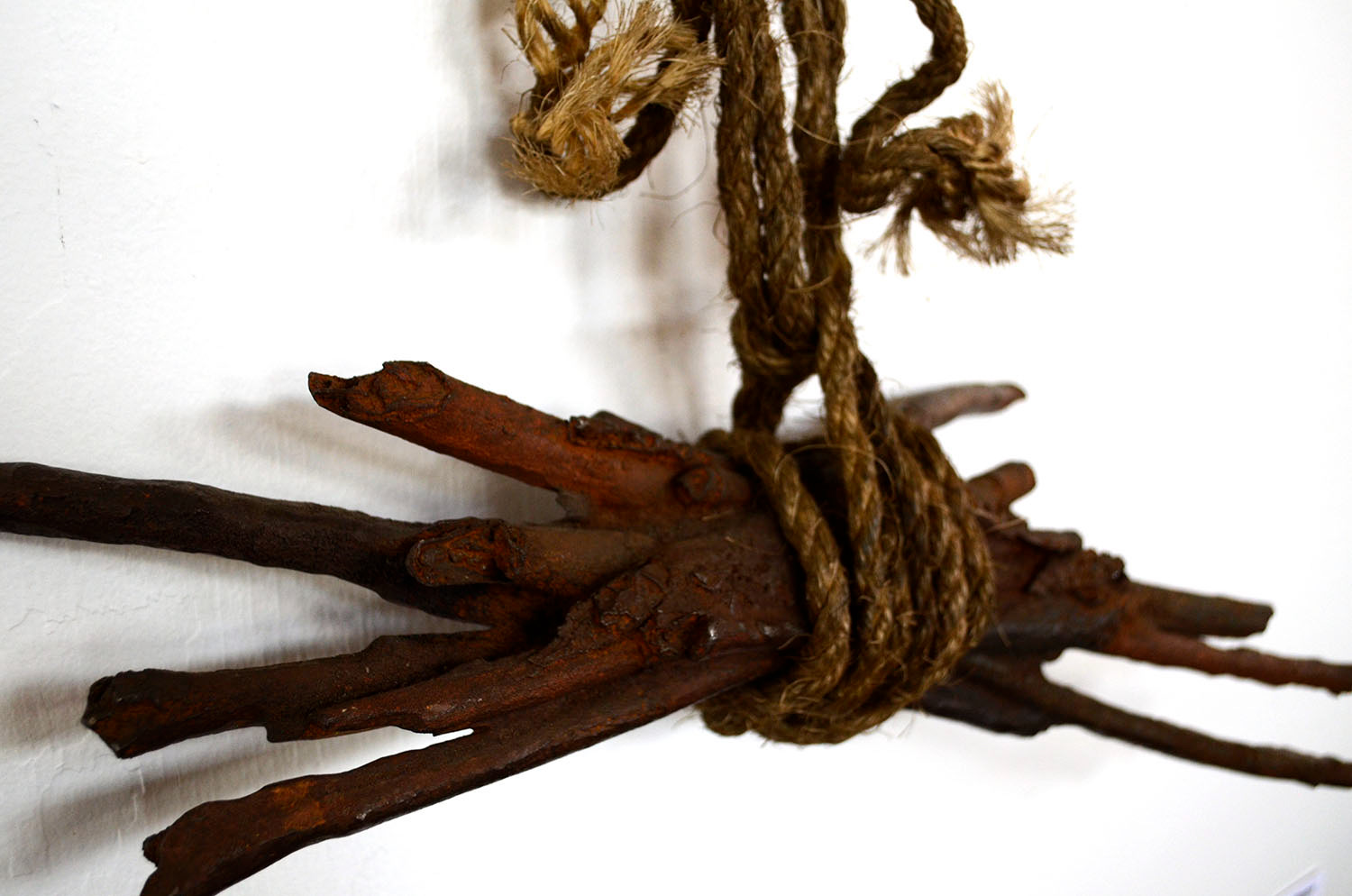

Language carries a history of prejudice and oppression, evident in the word "faggot," originally used to devalue older women seen as burdens. It symbolizes the patriarchal devaluation of the feminine existence. These women, reduced to mere objects like a bundle of sticks, were marginalized by systemic misogyny. Over time, this term has shifted to target the LGBTQ+ community, reflecting ongoing cycles of discrimination. As an artist aware of the complexities of identity and language, I recognize how "faggot" embodies the intersection of misogyny, homophobia, and transphobia. Through my art, I aim to confront these systems and challenge hateful narratives, using language to uplift and empower. I encourage viewers to engage with the painful truths behind such words and reflect on how language influences our perceptions. By creating and questioning these norms, we have the power to resist oppression and build a future where every voice is valued and celebrated.


